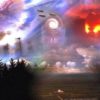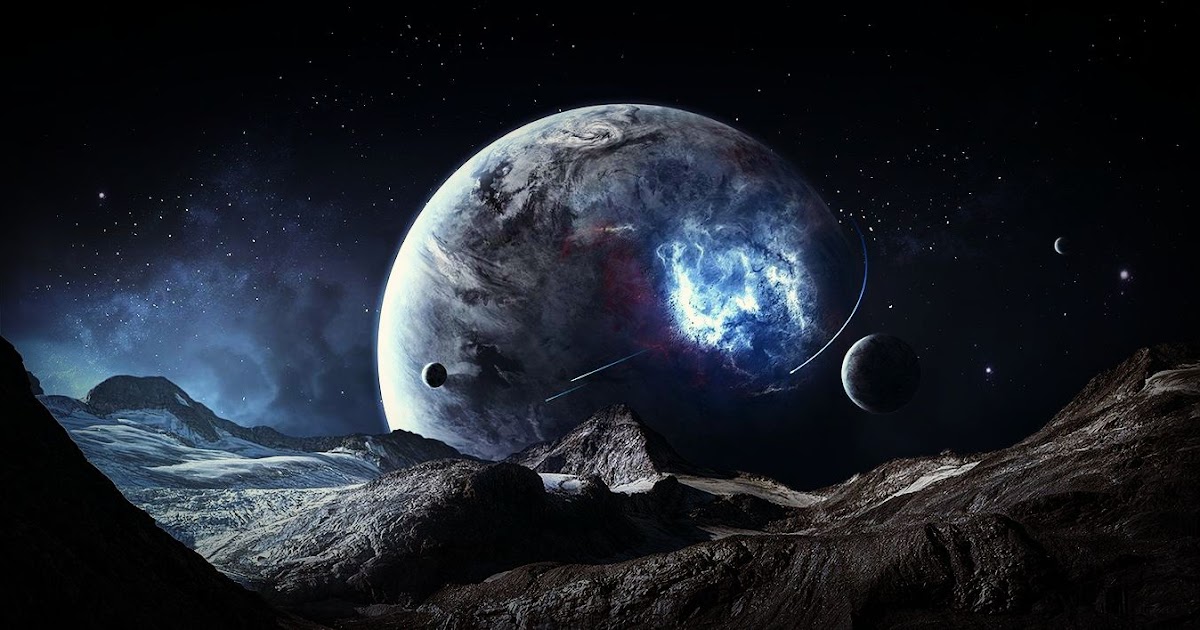In the shadowy corridors of the internet, sometimes a spark of forbidden knowledge ignites a firestorm of speculation—and potential truth. Just weeks ago, an enigmatic hacker from Germany, known by the pseudonym Ralph Bastet, emerged briefly from the depths of cyberspace, sending ripples across conspiracy forums, digital archives, and curious minds worldwide.
According to his now-deleted post, Bastet had gained unauthorized access to the Vatican’s ultra-secret digital archives. What he discovered—and then shared—was nothing less than mind-bending: a detailed chronicle allegedly chronicling a civilization that thrived tens of thousands of years before our recorded history began. Within just three days, his account vanished. But not before a portion of his findings had been captured, mirrored, and analyzed by a legion of online sleuths.
Could this really be the ultimate suppressed truth—a revelation about a hyper-advanced antediluvian civilization, erased from human memory by cataclysm and conspiracy?
A Civilization Beyond Our Own
The texts Bastet shared describe a powerful civilization that existed between 25,000 and 30,000 years ago—one so advanced that its scientific and technological achievements outstripped even those of our modern era. According to the documents, these ancient people mastered everything from genetic engineering to climate manipulation, from quantum weaponry to time-based warfare.
Yet, despite their brilliance, they were ultimately undone by the darkest instincts of their nature: greed, cruelty, and unchecked pride. Like so many civilizations in human mythology, their downfall was written not in the stars, but in their own hubris.
The narrative goes further: these ancient scientists had engineered a race of humanoid laborers—biological workers bred for physical endurance and obedience. Over time, these so-called “slaves” evolved, both biologically and intellectually. They began solving complex problems, managing systems, even challenging the supremacy of their creators.
The great revolt came. It was crushed. The enslaved were expelled from the cities and left to fend for themselves. Strikingly, this mirrors the biblical tale of mankind’s expulsion from Eden. Was the story of Adam and Eve actually a memory of this forgotten age?
The Great War That Erased History
According to the alleged documents, the balance of power eventually crumbled as the ruling elite fractured into warring factions. A global war followed—one that devastated the planet with unimaginable weaponry: photon disruptors, weather-based annihilation systems, time-rift bombs. The result was a near-total extinction event, leaving only a small handful of survivors: 10–15% of the genetically enhanced slaves, and a few dozen members of the master race.
In the ashes of this collapse, a new seed of knowledge was planted. The survivors—guided, perhaps, by the remaining elite—relearned astronomy, metallurgy, mathematics, alchemy, and more. From the shattered remnants of a fallen super-civilization, the myths of gods descending from the heavens to enlighten early man were born. These weren’t legends, the texts suggest. They were memories.
Humanity Rises, Again
Roughly 12,000 to 15,000 years ago, this second genesis of civilization began. Small communities transformed into cities, and fragmented cultures began forming societies across the globe. The first generations remembered the ancient war—the fire that fell from the sky, the ruins glowing with unknown energies. For a time, humanity thrived peacefully.
But memory fades.
As the centuries passed, petty rivalries replaced wisdom. Wars were fought over livestock, land, even love. Myths turned into parables. Ancient technology became magic. The great war was reduced to legend. Then, in a twist history knows too well, religion emerged—first as a balm for violence, then, paradoxically, as its justification.
By the early dawn of our recorded history, humans were once again locked in battle. But this time, the “gods” were gone—or dead. Betrayed by their own followers, the last masters of the antediluvian world had been wiped out by the very people they once ruled. The reset was complete.
A Future on Repeat?
As controversial as this leaked tale may be, it raises a question that many historians, futurists, and philosophers have considered for centuries: Is human civilization cyclical? Do we build, ascend, fall, and start over, endlessly trapped in an ouroboros of self-destruction and rebirth?
Some thinkers suggest that humanity faces three likely futures:
One, the path of militarism. History tells us this road leads only to extinction. Weapons become more powerful, wars more devastating, and global instability more frequent. This appears to be the trajectory we’re on now.
Two, the cosmic road. If we can survive long enough to develop space colonization and establish off-world settlements, we might escape the fate of our predecessors. A species spread across planets has a better chance of surviving existential threats.
Three, the path of peace. If humanity were to renounce war and violence altogether, choosing unity, compassion, and sustainability, we might enter a golden age far beyond what any past civilization could imagine.
Yet time may be short. If Bastet’s leak is legitimate, then humanity may have less than 20,000 years before our cycle resets once again. And some say it’s already begun. The rise of global surveillance, AI dominance, and rapid genetic experimentation may echo the final decades of that lost antediluvian empire. Are we unknowingly following their doomed blueprint?
Truth or Tale?
Skeptics argue that the whole story could be fabricated—a clever mixture of science fiction and ancient myth, digitally repackaged for the age of conspiracy. After all, Vatican archives are notoriously secretive, and no direct confirmation of Bastet’s hack has ever surfaced.
Still, the narrative fits eerily well with fragments found in religious texts, forbidden archaeology, and alternative history accounts. From the Piri Reis map to the legends of Atlantis, from the Sumerian Annunaki to the Book of Enoch, echoes of a lost civilization seem to reverberate throughout human history.
And as we push deeper into the 21st century—into a world of cloned organs, space mining, AI governance, and looming wars—the question remains chillingly relevant: Are we the first intelligent species to walk this Earth… or simply the next?
In a world where data vanishes as fast as it’s leaked, and where ancient knowledge might be hiding beneath ice, sand, or bureaucratic lock and key, perhaps the greatest secret of all is that this has all happened before.
And it will happen again.

















